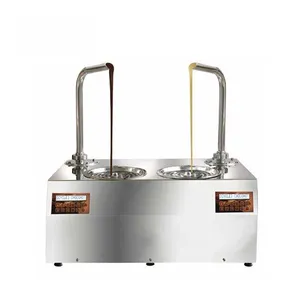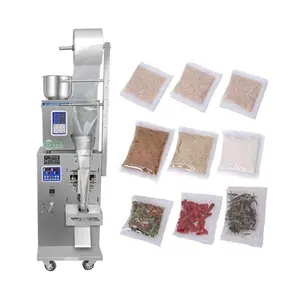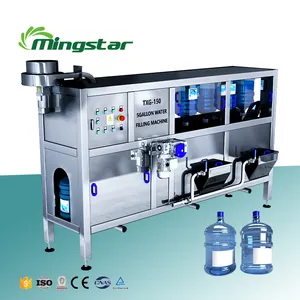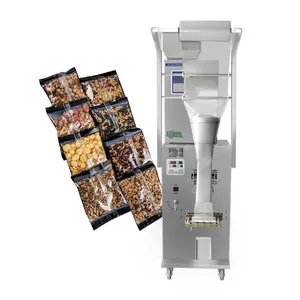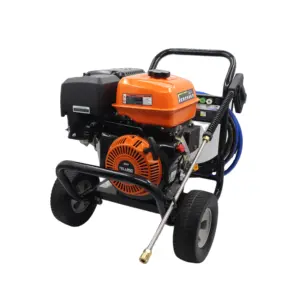Popular in your industry









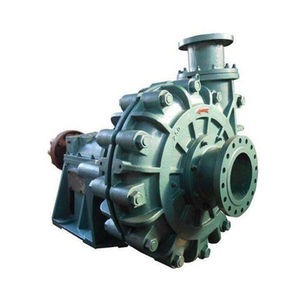



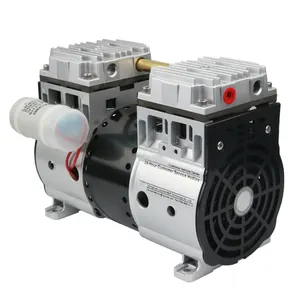




































Related Searches:






























































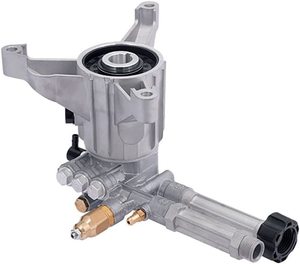





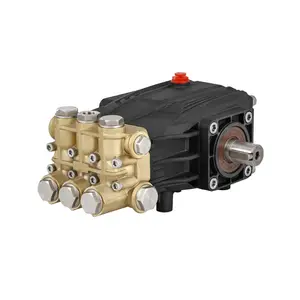


























































Top categories
About pressure washer pump
A pressure washer pump serves as the heart of any pressure washing system, playing a pivotal role in the efficiency and effectiveness of the entire setup. Whether dealing with routine cleaning tasks or more demanding industrial applications, the pressure washer pump is a critical component that demands careful consideration.
Functions of a pressure washer pump
One of the primary functions of a pressure washer pump is to pressurize water for effective cleaning. The pressure generated by the pump is measured in gallons per minute (GPM) and pounds per square inch (PSI). A commonly sought-after specification in the industry is the pressure washer 4.0 GPM, providing a balance between power and water conservation. This makes it suitable for various cleaning tasks, from washing vehicles to tackling tougher surfaces such as concrete or brick.
When considering a pressure washer pump replacement, it's crucial to choose a pump that aligns with the specifications of the existing system. Upgrading to a higher GPM capacity can enhance cleaning capabilities, especially when dealing with stubborn grime or large surface areas. Additionally, opting for a replacement pump with advanced features, such as thermal relief valves or ceramic pistons, can contribute to the longevity and performance of the entire pressure washing system. Regular maintenance is key to ensuring the longevity and optimal performance of a pressure washer pump. This includes checking for leaks, inspecting hoses and connections, and monitoring the oil levels in the pump. Additionally, users should be attentive to any unusual noises or vibrations during operation, as these could be indicative of underlying issues that may require prompt attention.
Types of pressure washer pumps
Gas-powered pressure washer systems are widely favored for their mobility and robust cleaning capabilities. The pressure washer motor, typically powered by gasoline, drives the pump to generate the necessary pressure for effective cleaning. This combination of gas-powered motors and pressure washer pumps ensures that users have the flexibility to tackle outdoor cleaning tasks without being tethered to an electrical outlet. The inherent power of gas engines makes them suitable for demanding applications, such as heavy-duty industrial cleaning or construction site cleanup.
In the realm of pressure washing, a notable advancement is the gas-powered soft wash system. This innovative approach combines the power of a gas engine with a pressure washer pump designed for softer, more delicate cleaning tasks. Soft washing is particularly effective for cleaning surfaces like roofs, siding, and delicate landscaping features, where high-pressure cleaning might cause damage. The integration of a specialized pressure washer pump in gas-powered soft wash systems allows users to adjust pressure settings, making it a versatile solution for a range of cleaning applications. The design of the pressure washer pump can vary, and one key distinction is between direct drive and belt drive systems. The belt drive pressure washer pump is known for its durability and reduced maintenance requirements. In this setup, a belt connects the pressure washer pump to the motor, transmitting power more smoothly and minimizing wear and tear on the pump itself. This design choice often results in a quieter operation, making it an attractive option for both residential and commercial users who value efficiency without compromising on noise levels.

